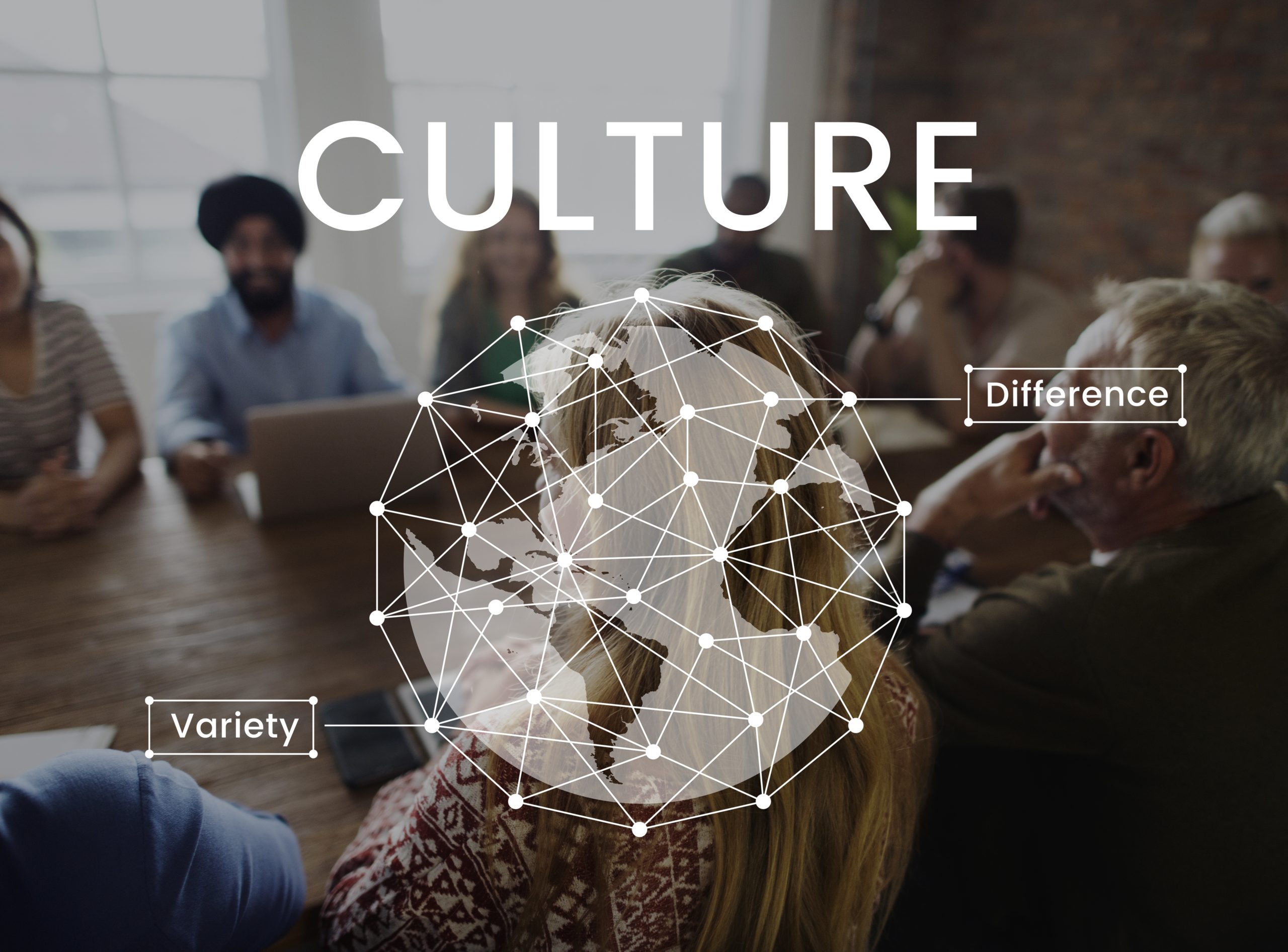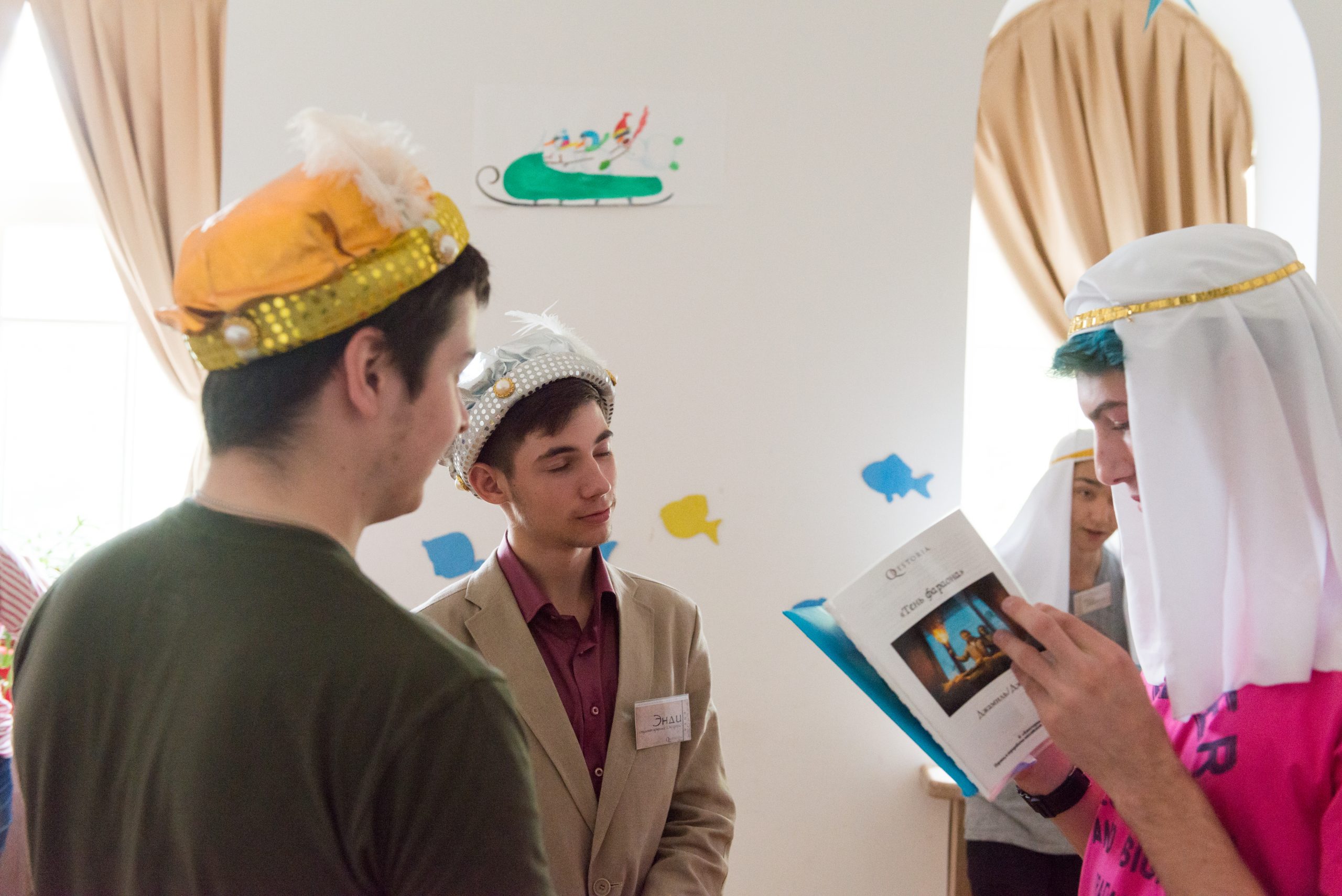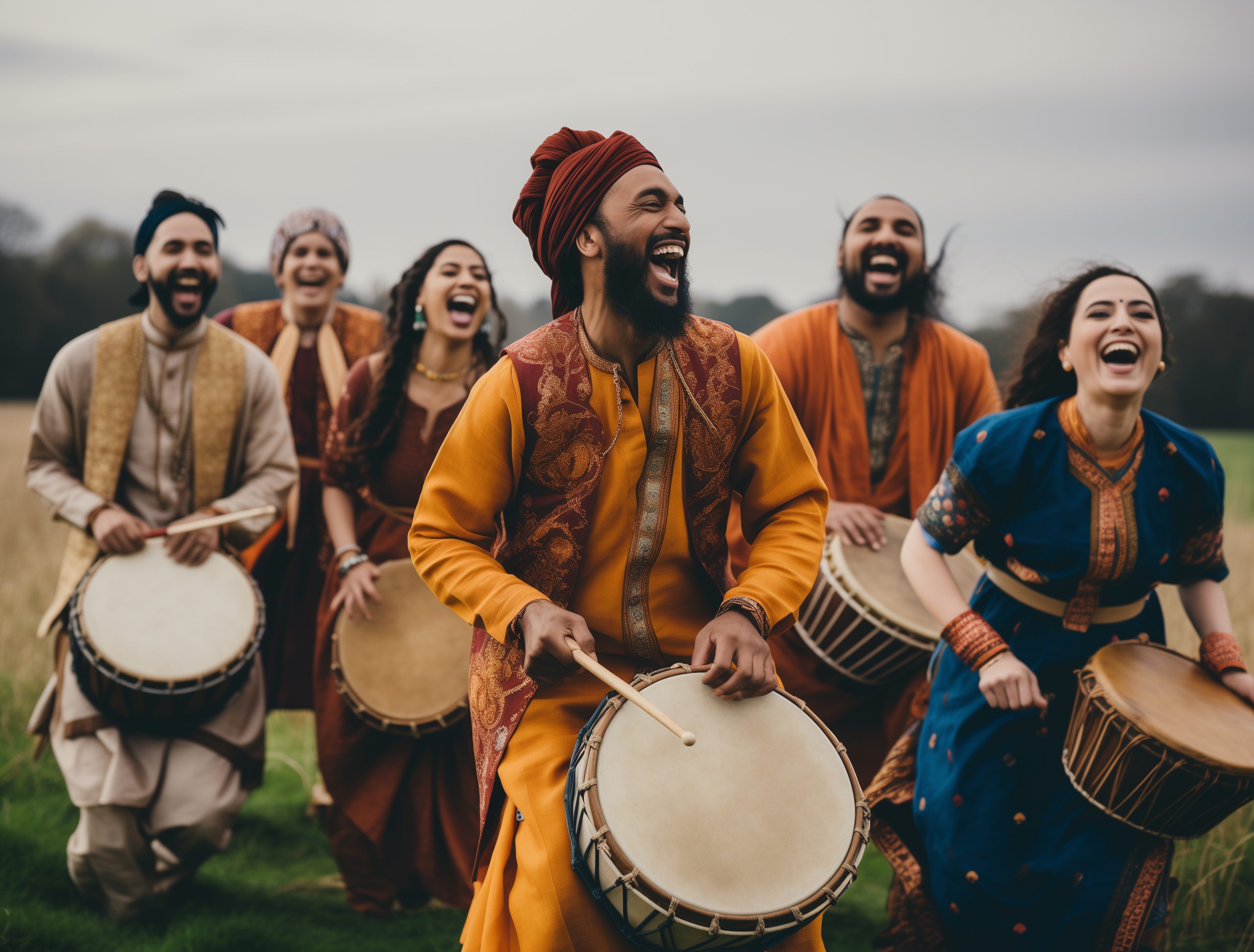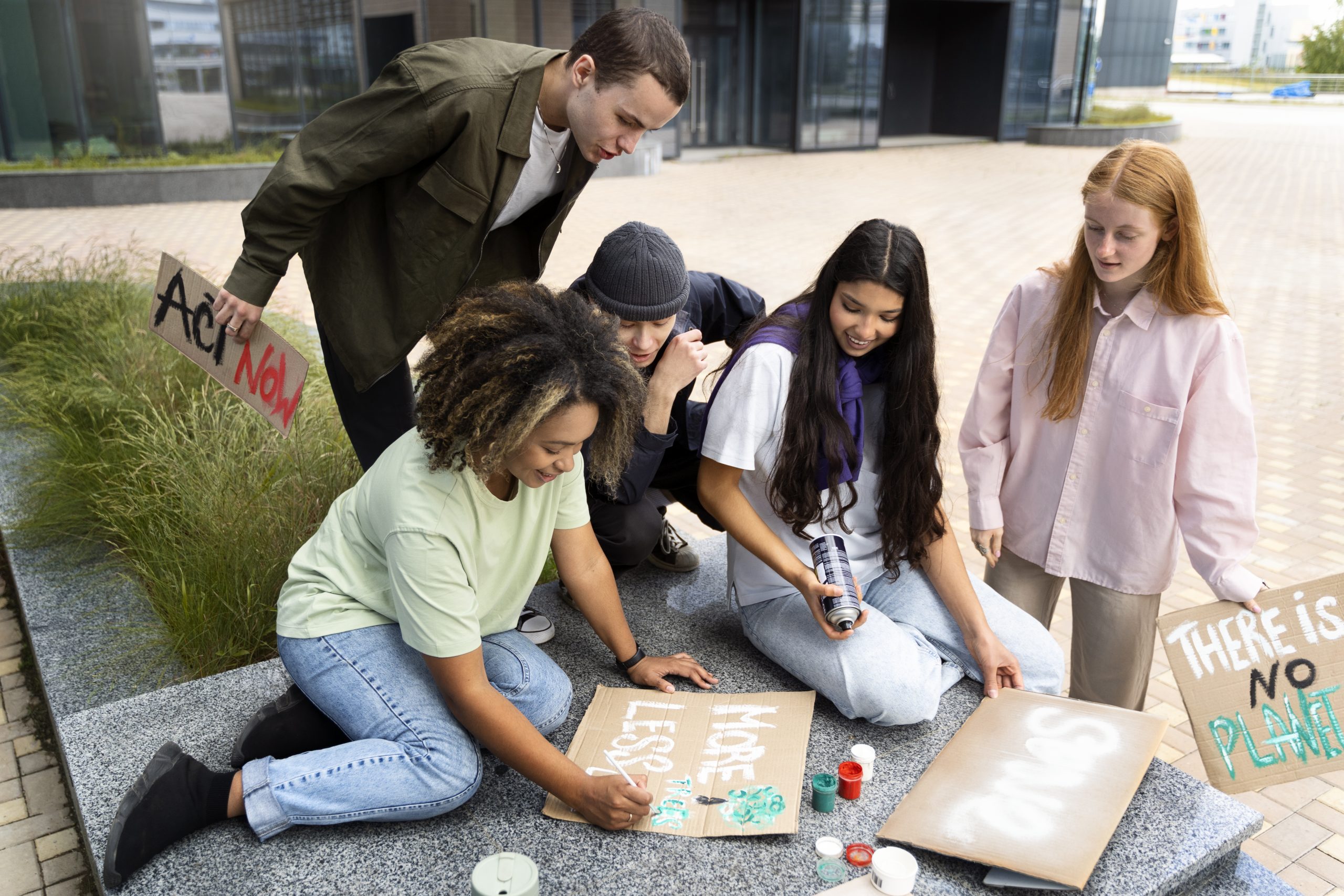
Culture is the heartbeat of every society. It shapes traditions, influences behavior, and defines the way people interact with one another. From language and clothing to values and beliefs, culture serves as the invisible thread that ties individuals together in a collective identity. It is not just a matter of heritage but a living, evolving force that transforms with every generation.
At News Optimize, we explore how culture has become a powerful driver of change in modern times. The impact of culture on modern society is seen in the way people consume media, adopt technology, celebrate diversity, and redefine social norms. This article dives into the many ways culture shapes our everyday lives, influences global communities, and continues to adapt in today’s fast-changing world.
The Cultural Blueprint of Society
Culture can be seen as the blueprint of human interaction. It sets the foundation for how individuals communicate, cooperate, and celebrate. Through shared traditions, values, and practices, culture creates a sense of belonging that connects people across generations. Without culture, society would lack identity, structure, and continuity.
- Culture teaches moral values and ethics
- It guides social roles and responsibilities
- It preserves history and heritage for the future
This blueprint is constantly rewritten as societies evolve, making culture both timeless and dynamic.
Influence of Culture on Identity and Belonging
One of the most significant impacts of culture on modern society is the creation of identity. People draw meaning and self-worth from their cultural background. It gives them pride, belonging, and a sense of uniqueness in a diverse world.
For example, traditions like festivals, language, and clothing allow individuals to showcase who they are. Even in multicultural cities, culture provides a way for communities to retain their identity while embracing modern lifestyles.
| Aspect | Role of Culture | Effect on Identity |
| Language | Core of communication | Connects generations and preserves heritage |
| Traditions | Celebrations and rituals | Strengthens bonds and creates belonging |
| Arts & Music | Creative expression | Showcases identity and influences global trends |
Culture and Its Role in Shaping Social Norms
Modern society often looks progressive, but the roots of many social norms come from cultural traditions. The way people greet each other, the respect shown to elders, or even how relationships are built are influenced by culture.
Cultural norms influence:
- Family structures and responsibilities
- Gender roles and equality movements
- Concepts of respect, hospitality, and community values
While globalization introduces new ideas, traditional norms often adapt rather than disappear.
Cultural Impact on Education and Knowledge
Education does not exist in isolation from culture. The way knowledge is shared, the subjects prioritized, and the methods of teaching are deeply rooted in cultural values. For example:
- Cultures that value oral traditions emphasize storytelling as an educational tool.
- Cultures with strong academic traditions focus on formal institutions.
- Global influences encourage the integration of digital learning.
This merging of traditional knowledge with modern innovation has enriched education, creating new opportunities for learners everywhere.
The Power of Culture in Technology and Media
Modern technology and media platforms have become cultural melting pots. Social media spreads cultural trends faster than ever, allowing global audiences to access music, art, fashion, and even food traditions instantly.
Examples of cultural influence in media include:
- K-pop music reaching global fame
- Cultural cuisines gaining popularity across continents
- Social issues being highlighted through digital activism
This cultural exchange creates global awareness but also challenges societies to preserve their authenticity amidst rapid change.
Culture as a Driver of Diversity and Inclusion
In modern society, diversity has become both a challenge and a strength. Cultural differences can create misunderstandings, but they also foster inclusion and creativity.
Organizations and communities that embrace cultural diversity benefit from:
- Broader perspectives and problem-solving skills
- Stronger social connections among diverse groups
- Innovative thinking inspired by multiple cultural influences
This shows that culture, when celebrated, can unite rather than divide societies.
Cultural Challenges in the Globalized World
While culture enriches society, globalization has also created challenges. Traditional values sometimes clash with modern lifestyles, creating cultural tension. Issues include:
- Loss of indigenous languages and traditions
- Cultural homogenization where global culture overshadows local practices
- Misunderstandings between generations regarding traditions versus modern ideas
Balancing preservation with modernization is one of the greatest challenges societies face today.
The Role of Culture in Economy and Business
Culture has a profound influence on business practices and economic growth. The way negotiations are conducted, leadership styles, and consumer behavior are often culturally defined. For example:
- In some cultures, relationships matter more than contracts in business deals.
- Marketing strategies often incorporate cultural symbols to attract audiences.
- Global companies adapt products to fit cultural tastes, such as local flavors or advertising styles.
By respecting cultural differences, businesses not only succeed but also build trust with consumers.
Steps to Embrace Culture in Daily Life
Culture is not just studied; it is lived. People can embrace culture in modern society by:
- Participating in festivals and traditional events
- Supporting cultural art, music, and local businesses
- Learning new languages and exploring diverse cuisines
- Engaging in intercultural dialogues to broaden perspectives
These steps make individuals active participants in cultural growth while promoting mutual respect.
Frequently Asked Questions
Why is culture important in modern society?
Culture shapes identity, influences values, and creates social harmony. It also enriches education, business, and creativity.
How does culture affect daily life?
Culture influences language, traditions, food, behavior, and the way people connect with one another.
Can culture and modern technology work together?
Yes, technology spreads culture faster, creating global awareness while also giving communities new tools to preserve traditions.
What are the biggest cultural challenges today?
Globalization, loss of traditions, and the struggle between modern lifestyles and heritage are the most common challenges.
How can individuals promote cultural diversity?
By respecting differences, participating in intercultural events, and learning about other cultures, individuals can support diversity.
Conclusion
The impact of culture on modern society is undeniable. It is the force that shapes identities, drives social values, influences education, and guides innovation. At News Optimize, we recognize culture as both the root of tradition and the spark of modern transformation. In a world where globalization connects us all, culture remains the bridge that celebrates diversity while keeping us grounded in who we are.
By embracing culture, society not only preserves its heritage but also ensures a more inclusive, innovative, and connected future.





